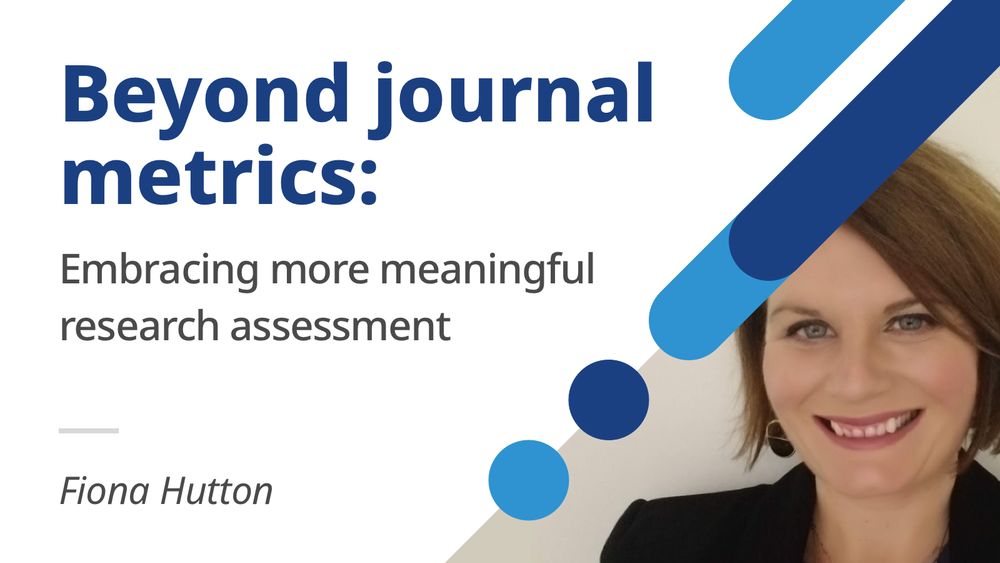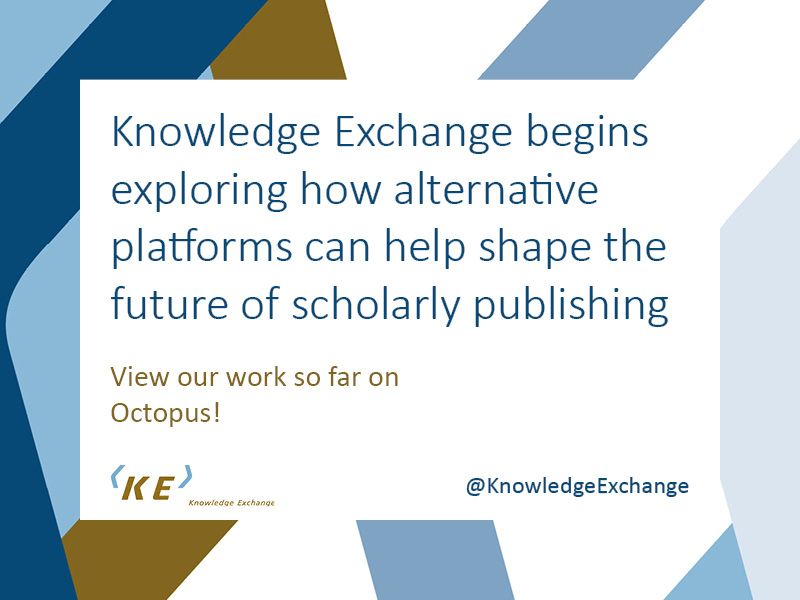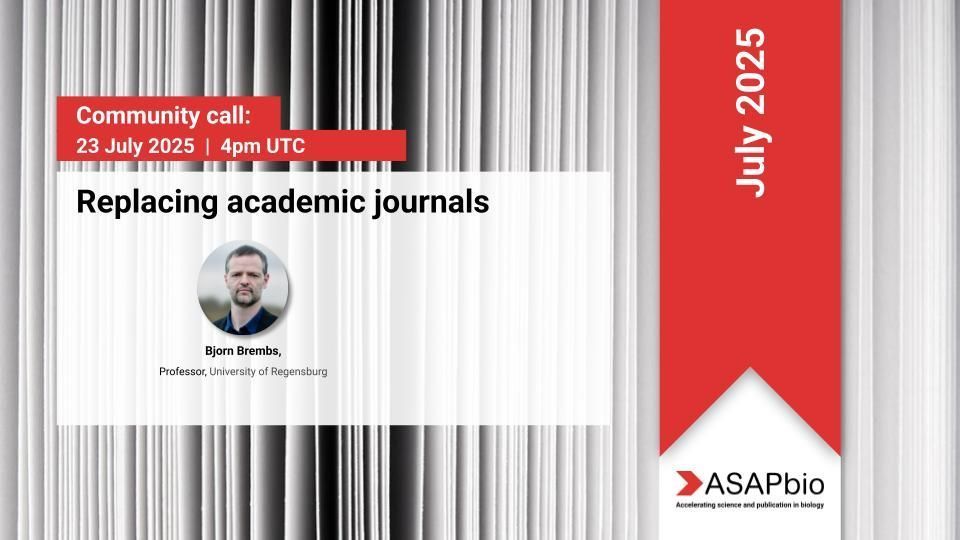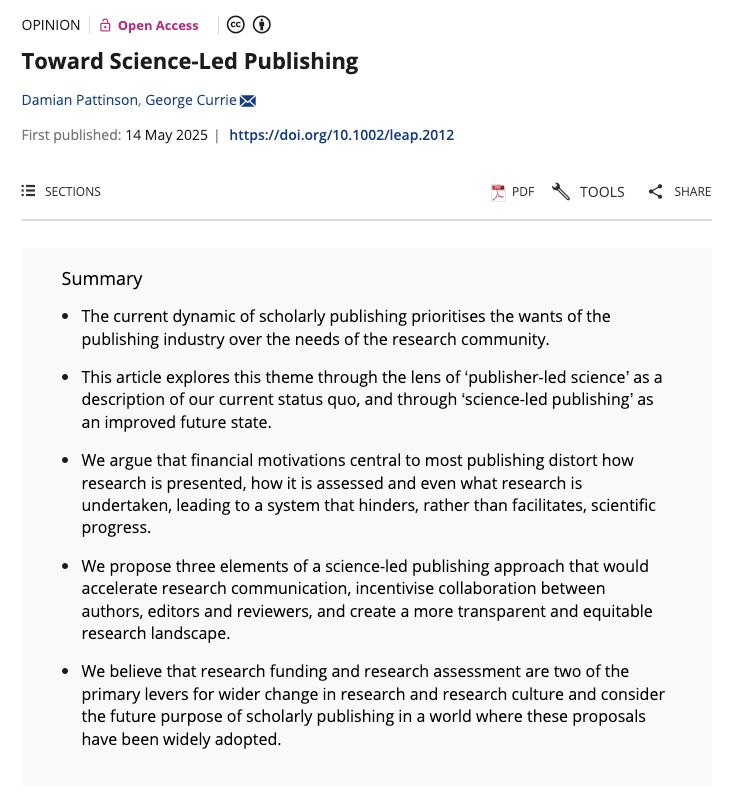
Associate Publisher Emma Smith talks about F1000's open peer review model and how open peer review processes can benefit authors, reviewers, and the wider research community.
Read now: spr.ly/63321fAyMT
#OpenResearch #OpenAccess #PeerReview

Associate Publisher Emma Smith talks about F1000's open peer review model and how open peer review processes can benefit authors, reviewers, and the wider research community.
Read now: spr.ly/63321fAyMT
#OpenResearch #OpenAccess #PeerReview
📍17 Sept | @cern.bsky.social
🔗https://www.opensciencefair.eu/registration-2025

📍17 Sept | @cern.bsky.social
🔗https://www.opensciencefair.eu/registration-2025
tinyurl.com/KENews03072025

tinyurl.com/KENews03072025
I did all the heavy lifting for you -> https://annaclemens.com/blog/open-science-publishing-access-tools/
#AcademicWriting #PhDLife #PhDchat

I did all the heavy lifting for you -> https://annaclemens.com/blog/open-science-publishing-access-tools/
#AcademicWriting #PhDLife #PhDchat
Publish: Post research as a preprint
Review: Public reviews inform wider discussion of research
Curate: Community recommendations
elifesciences.org/inside-elife...

Publish: Post research as a preprint
Review: Public reviews inform wider discussion of research
Curate: Community recommendations
elifesciences.org/inside-elife...
@brembs.mastodon.social.ap.brid.gy will discuss replacing traditional journals with decentralized, community-governed infrastructure.
🔗 Register us02web.zoom.us/meeting/regi...

@brembs.mastodon.social.ap.brid.gy will discuss replacing traditional journals with decentralized, community-governed infrastructure.
🔗 Register us02web.zoom.us/meeting/regi...
What is the role of #PeerReview? Should #Preprints take centre stage?
onlinelibrary.wiley.com/doi/10.1002/...
#AcademicSky #OpenScience #ResearchIntegrity
@elife.bsky.social @learnedpublishing.bsky.social

What is the role of #PeerReview? Should #Preprints take centre stage?
onlinelibrary.wiley.com/doi/10.1002/...
#AcademicSky #OpenScience #ResearchIntegrity
@elife.bsky.social @learnedpublishing.bsky.social

"They replaced impact factors, the h-index, and other esteem indicators associated with commercial academic publishing with more nuanced metrics..."
www.tandfonline.com/doi/full/10....

"They replaced impact factors, the h-index, and other esteem indicators associated with commercial academic publishing with more nuanced metrics..."
www.tandfonline.com/doi/full/10....
Damian Pattinson and I (@elife.bsky.social) argue scientific publishing has evolved into a system that, rather than facilitate scholarly communication, distorts and dictates it.
onlinelibrary.wiley.com/doi/10.1002/...
#OpenScience

Damian Pattinson and I (@elife.bsky.social) argue scientific publishing has evolved into a system that, rather than facilitate scholarly communication, distorts and dictates it.
onlinelibrary.wiley.com/doi/10.1002/...
#OpenScience

